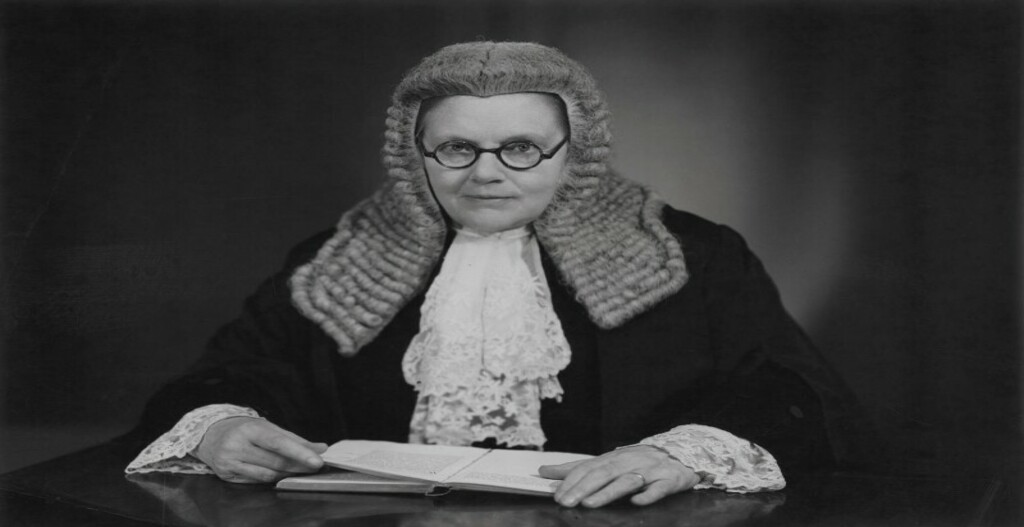Helena Normanton is best known for her campaign for women to be allowed entry into
the legal profession. She was born in east London, and moved to Brighton after her father
died suddenly, leaving her mother a widow with two young daughters to bring up alone. In
Brighton they ran a lodging house in Clifton Place, and also worked for some time in a grocery
shop. Helena gained a scholarship to York Place Science School but had to leave after only four
years when her mother died. In 1904 she resumed her education, training as a teacher in Edge
Hill Teachers’ Training College Liverpool. She then moved to France, gaining qualifications
from Dijon University, and then history qualifications in London.

A feminist, she joined the WSPU but left to form the Women’s Freedom League in 1907. She
went on to become editor of its newspaper The Vote. Helena campaigned for women to retain
their money and property on marriage.
As her reputation grew as a speaker and her teaching career in London and Glasgow
flourished, Helena decided to try and fulfil her lifelong dream of becoming a barrister.
Initially rejected, in 1919 she was finally admitted to the bar as a student and was the very first
woman to be accepted! During her career she encountered constant misogyny, prejudice and
discrimination.

Helena went on to get many more ‘firsts’. First female Counsel in High Court of Justice and
The Old Bailey. First woman to obtain a divorce for her client. First woman to lead the
prosecution in a murder trial, and one of the first female Kings Counsel in England and Wales.
In 1924 she became the first married woman granted a passport in her maiden name.
Helena was a pacifist and became an early member of CND, demonstrating against nuclear
weapons.
She donated funds for the University of Sussex and later bequeathed money to them. There
is an International postdoctoral fellowship created in her name by the University of Sussex.
Helena is buried in St Wulfran’s Church in Ovingdean, near Brighton.